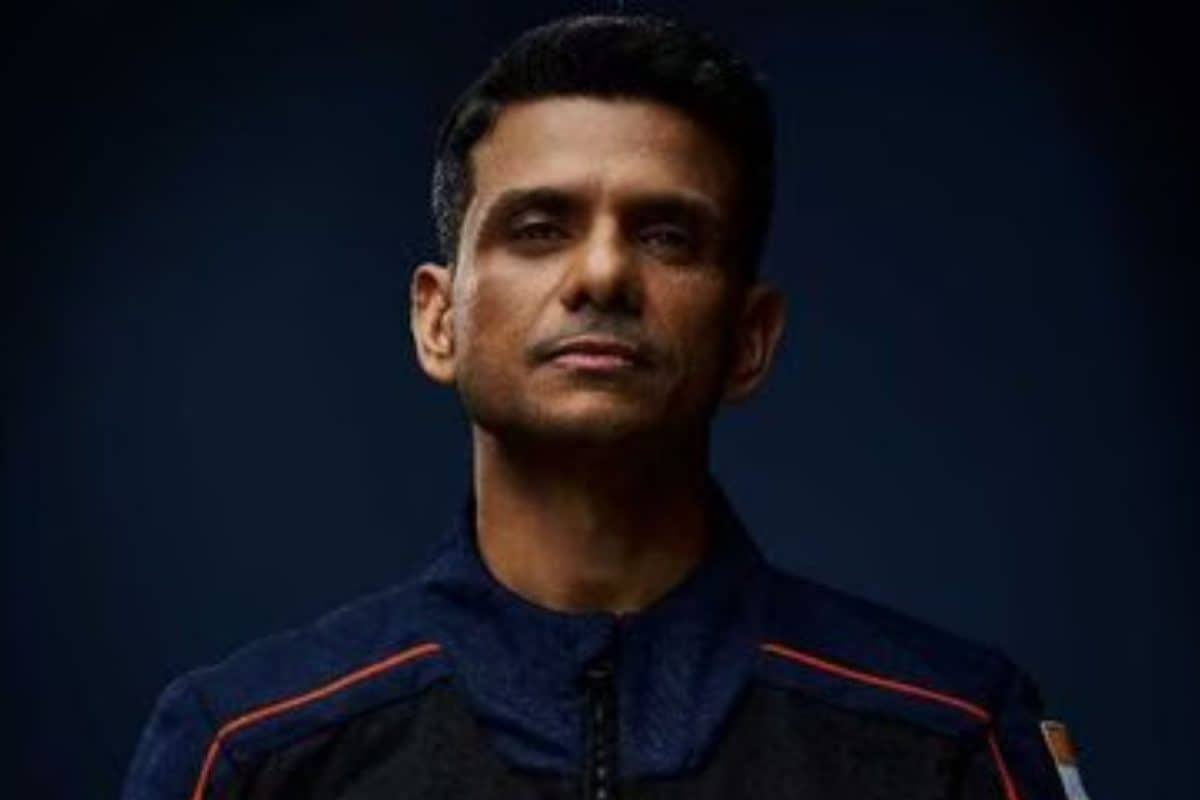

Group Captain Shubhanshu Shukla has become the second Indian to journey into space, marking a momentous occasion for India's space program after a gap of 41 years. He will be piloting the SpaceX Dragon spacecraft as part of the Axiom-4 mission. The mission lifted off from Launch Complex 39A at NASA's Kennedy Space Center in Florida.
Shukla, an Indian Air Force pilot, was selected by ISRO as the prime astronaut for this historic flight. He was born on October 10, 1985, in Lucknow, Uttar Pradesh. He completed his military training in 2005 and earned a Bachelor of Science degree in Computer Science from the National Defense Academy. In June 2006, he was commissioned into the IAF fighter wing. Shukla has logged over 2,000 hours of flying experience on diverse aircraft, including the Su-30 MKI, MiG-21, MiG-29, Jaguar, Hawk, Dornier, and An-32. In March 2024, he was promoted to the rank of group captain.
The Axiom-4 mission is a joint effort by NASA, ISRO, and Axiom Space, a private company. The crew includes commander Peggy Whitson from the US, Slawosz Uznanski-Wisniewski from Poland, and Tibor Kapu from Hungary. The mission is expected to last 14 days, during which the astronauts will conduct around 60 scientific experiments. Seven of these experiments were designed by ISRO and will focus on pioneering space nutrition and self-sustaining life support systems. Shukla will also participate in five joint studies planned by NASA's human research program.
Shukla underwent rigorous training at the Yuri Gagarin Cosmonaut Training Center in Star City, Moscow, and ISRO’s Astronaut Training Facility in Bengaluru. His colleagues have described him as "operationally savvy", "focused", and "wicked smart" when it comes to space technologies.
During his time on the ISS, Shukla will carry out experiments related to food and nutrition. These experiments are a collaboration between ISRO, the Department of Biotechnology (DBT), and NASA. ISRO has planned seven experiments for Shukla, who will also participate in five joint studies planned by NASA for its human research program. These experiments aim to develop space nutrition and self-sustaining life support systems, which are vital for future long-duration space travel. ISRO has drawn up plans to focus on India-centric food for carrying out experiments on the ISS, including sprouting methi (fenugreek) and moong (green gram) in microgravity conditions. Shukla will also expose the seeds to the macrobiotic conditions and bring them back to earth where they will be cultivated into plants not just once but over generations.
Shukla considers Wing Commander Rakesh Sharma, the first Indian in space, as his mentor. He is carrying a secret souvenir for Sharma and has sought his advice on preparing for the mission. Shukla is also carrying personal mementos, including Indian sweets, to share with his crewmates on the ISS. He plans to share mango nectar, carrot halwa, and moong dal halwa with his fellow astronauts.
The mission is utilizing a SpaceX Falcon 9 rocket and a Dragon spacecraft. The Falcon 9 is a reusable, two-stage rocket, while the Dragon spacecraft is designed to transport both astronauts and cargo to the ISS. For the Axiom-4 mission, the Dragon spacecraft will carry Shukla and his three crewmates. The capsule is equipped with life-support systems, touchscreen controls, and a cargo bay. It is designed for autonomous docking with the ISS and safe re-entry and ocean splashdown recovery.
Shukla’s experience on the Axiom Mission 4 will be valuable for ISRO’s Gaganyaan space flight mission, which is planned for 2027. The Gaganyaan program aims to send Indian astronauts into low Earth orbit using Indian technology.